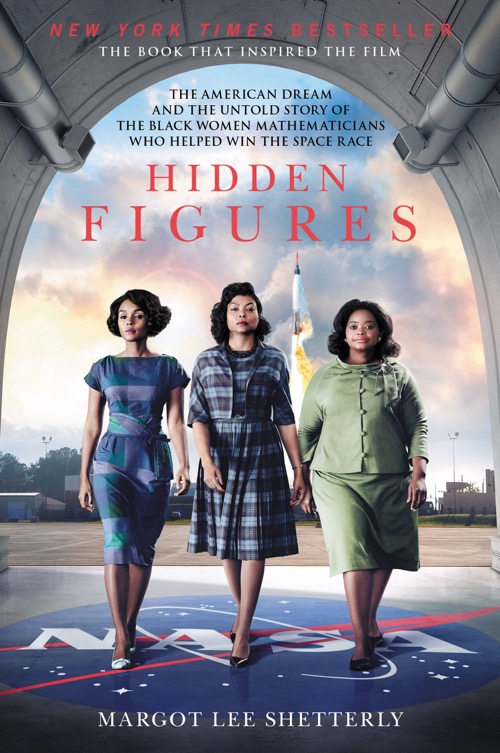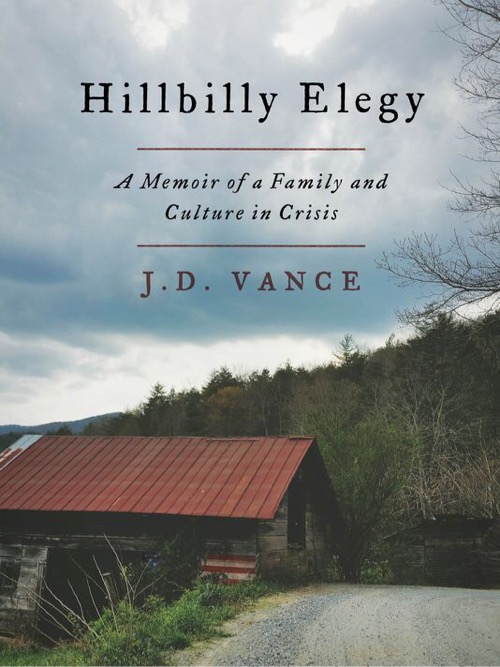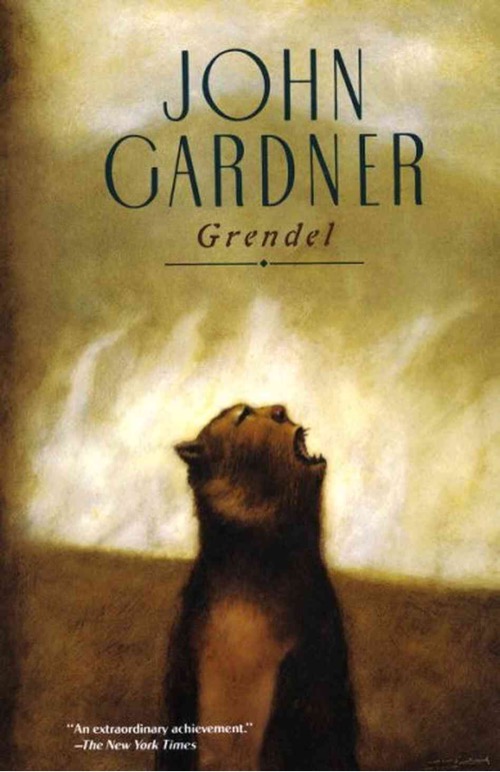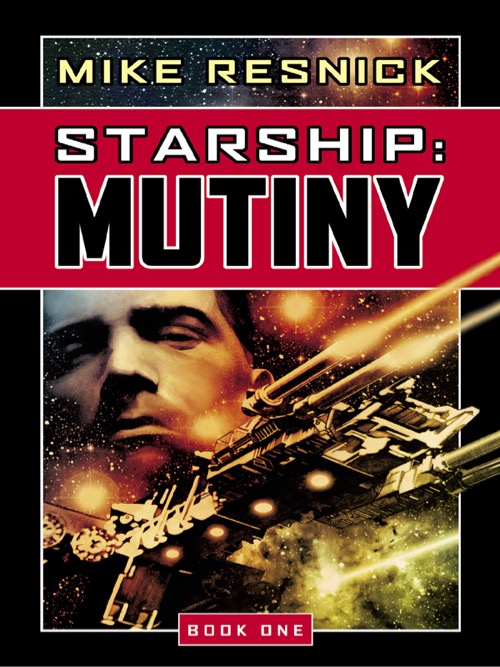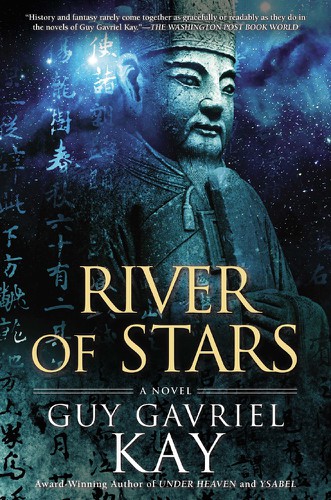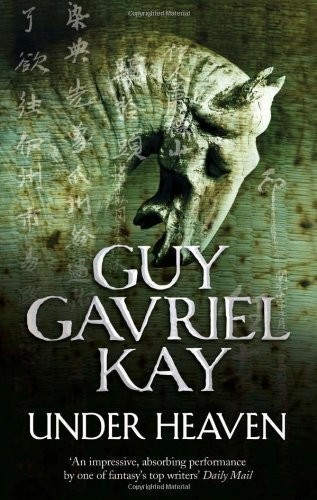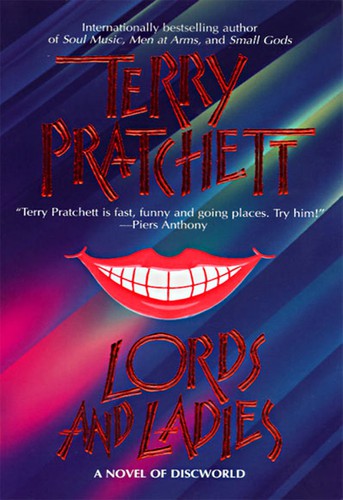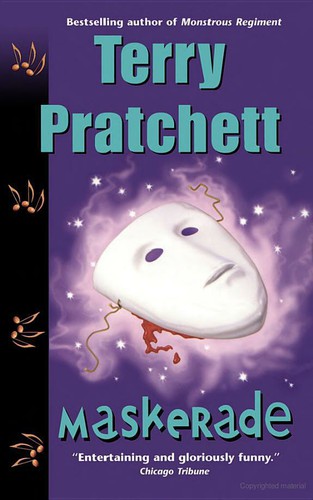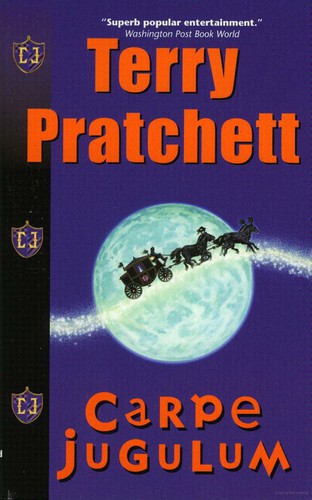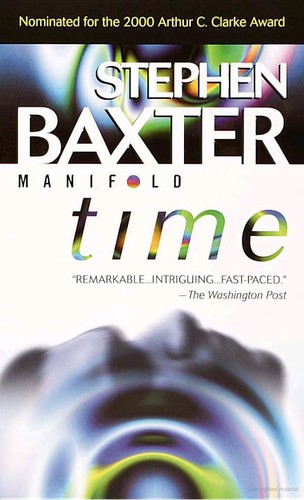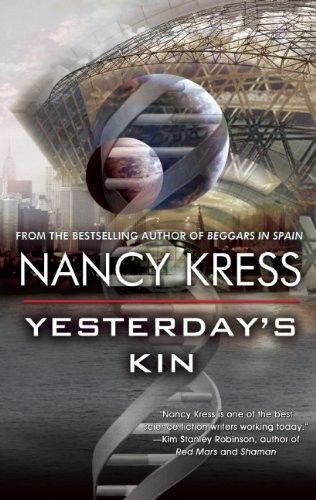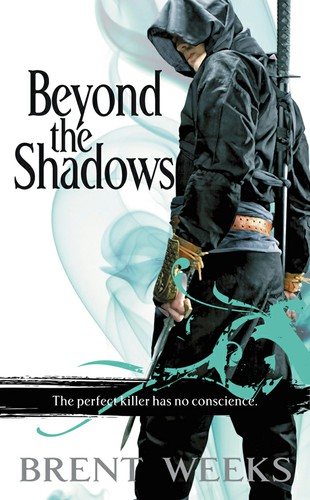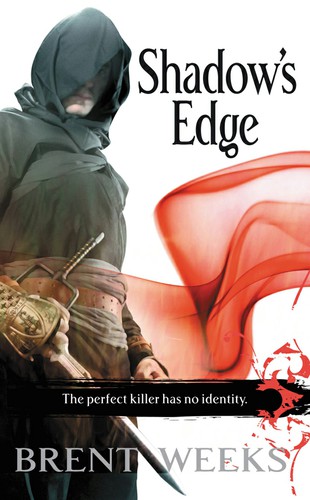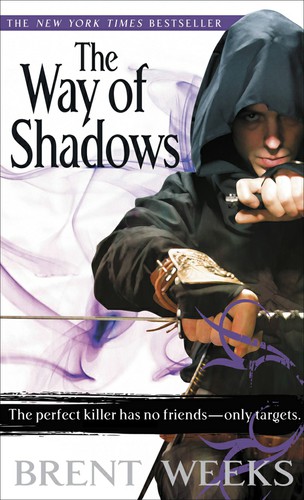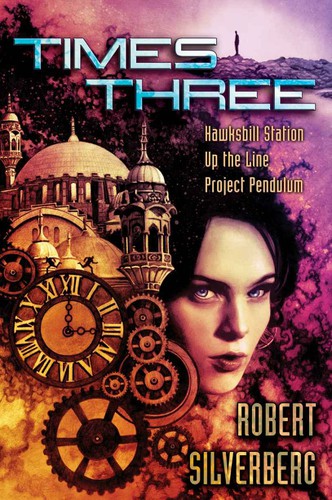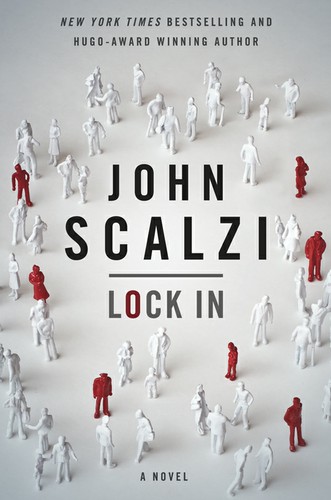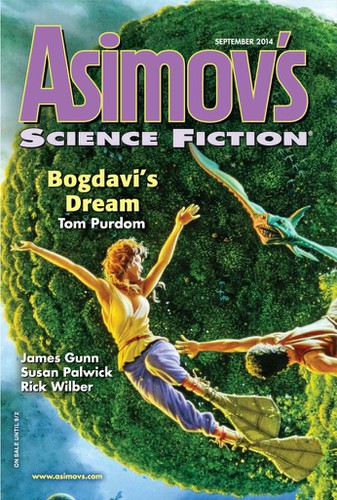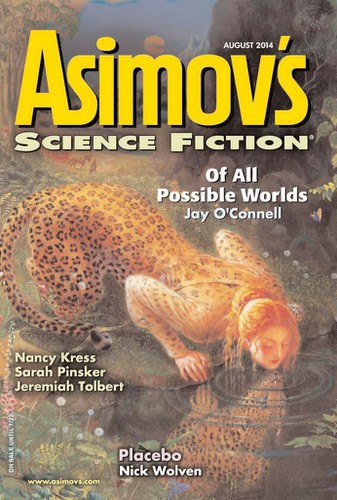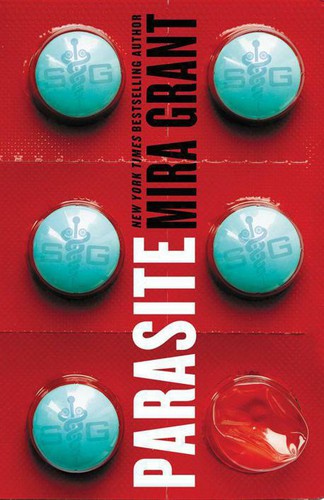Review: Hidden Figures [★★★★★]
Hidden Figures
by Margot Lee Shetterly
My rating: ★★★★★
Read From: 22 January 2017 - 24 January 2017
Goal: Non-Fiction
I loved reading this book. I enjoyed it on multiple levels. I'd heard that the story involved the African-American women scientists, who helped NASA send men into orbit. I was surprised to learn that all of them worked in Hampton, VA.
I grew up next door to Hampton, in Norfolk, VA. I'm not used to reading about my hometown in books. It was a very pleasant surprise to read about my hometown in this book. I'm woefully ignorant of the history of the area, so I'd never known that Hampton had played such a pivotal role in the development of flight.
The women worked for an organization called the National Advisory Committee for Aeronautics (NACA) — a precursor to NASA (the National Aeronautics and Space Administration). I was fascinated to learn about the role that NACA played in the development of airplane technology, discovering the science behind many of the airplane features that we take for granted today.
I also learned something about airplane designations. For instance, we've all heard of the B-29 bomber or the P-51 Mustang. I hadn't realized that the "B-" and "P-" designations had specific meanings. Shetterly explains.
Like Darwin’s finches, the mechanical birds had begun to differentiate themselves, branching into distinct species adapted for success in particular environments. Their designations reflected their use: fighters—also called pursuit planes—were assigned letters F or P: for example, the Chance Vought F4U Corsair or the North American P-51 Mustang. The letter C identified a cargo plane like the Douglas C-47 Skytrain, built to transport military goods and troops and, eventually, commercial passengers. B was for bomber, like the mammoth and perfectly named B-29 Superfortress. And X identified an experimental plane still under development, designed for the purpose of research and testing. Planes lost their X designation—the B-29 was the direct descendant of the XB-29—once they went into production.
I was also struck by the love that these woman had for science and mathematics. They were truly doing these jobs because they loved the work and the mathematics behind the work. I don't think it would be inaccurate to call them math nerds and I love reading about the contributions that nerds have made to our world.
Finally, I was struck by the racism that Shetterly revealed. I'd known that Virginia had a racist past. I wasn't aware of just how committed to that racism Virginia had been and just how adamantly they fought for it.
The racism could be casual, such as the incident that Mary Jackson experienced, at the predominantly white East Side section of NACA.
Her morning at the East Side job proceeded without incident—until nature called. “Can you direct me to the bathroom?” Mary asked the white women. They responded to Mary with giggles. How would they know where to find her bathroom? The nearest bathroom was unmarked, which meant it was available to any of the white women and off-limits to the black women. There were certainly colored bathrooms on the East Side, but with most black professionals concentrated on the West Side, and fewer new buildings on the East Side, Mary might need a map to find them.
And the racism could be very deliberate, entrenched, and vindictive. For instance, one Virginia school system took extreme measures to avoid integrating their schools.
In Prince Edward County, however, segregationists would not be moved: they defunded the entire county school system, including R. R. Moton in Farmville, rather than integrate.
… Prince Edward’s schools would remain closed from 1959 through 1964, five long and bitter years. Many of the affected children, known as the “Lost Generation,” never made up the missing grades of education. Virginia, a state with one of the highest concentrations of scientific talent in the world, led the nation in denying education to its youth.
… Commenting on the situation in 1963, United States Attorney General Robert Kennedy said, “The only places on earth known not to provide free public education are Communist China, North Vietnam, Sarawak, Singapore, British Honduras—and Prince Edward County, Virginia.”
Definitely, it was offensive. But, ultimately, Southern racism was incredibly stupid and shortsighted.
Foreigners who traveled to the United States often experienced the caste system firsthand. In 1947, a Mississippi hotel denied service to the Haitian secretary of agriculture, who had come to the state to attend an international conference. The same year, a restaurant in the South banned Indian independence leader Mahatma Gandhi’s personal doctor from its premises because of his dark skin. Diplomats traveling from New York to Washington along Route 40 were often rejected if they stopped for a meal at restaurants in Maryland. The humiliations, so commonplace in the United States that they barely raised eyebrows, much less the interest of the press, were the talk of the town in the envoys’ home countries. Headlines like “Untouchability Banished in India: Worshipped in America,” which appeared in a Bombay newspaper in 1951, mortified the US diplomatic corps. Through its inability to solve its racial problems, the United States handed the Soviet Union one of the most effective propaganda weapons in their arsenal.
… Newly independent countries around the world, eager for alliances that would support their emerging identities and set them on the path to long-term prosperity, were confronted with a version of the same question black Americans had asked during World War II. Why would a black or brown nation stake its future on America’s model of democracy when within its own borders the United States enforced discrimination and savagery against people who looked just like them?
I came away from this book with great admiration for these black women as well as an even greater contempt for the racists that dominated the South during this time period.
I was also struck by Shetterly's epilogue. She wants to give these women their due, not by showing how extraordinary they were but by showing how normal they were. They were extraordinary because they were black, female nerds who had to fight to fit in, but they were also very normal because they were nerds who just wanted a chance to fit in and do what nerds everywhere do — geek out about the science.
For too long, history has imposed a binary condition on its black citizens: either nameless or renowned, menial or exceptional, passive recipients of the forces of history or superheroes who acquire mythic status not just because of their deeds but because of their scarcity. The power of the history of NASA’s black computers is that even the Firsts weren’t the Onlies.
… By recognizing the full complement of extraordinary ordinary women who have contributed to the success of NASA, we can change our understanding of their abilities from the exception to the rule. Their goal wasn’t to stand out because of their differences; it was to fit in because of their talent.
I enjoyed reading about these women and I'll recommend this book to anyone that asks for a recommendation of what to read.
This entry was tagged. Book Review Review Non-Fiction
